6 sneakily dangerous things in the garage
The garage is a space that can be many things. It can be a shrine to a favorite car or a workspace that’s chock full of tools. Depending on who you are and what you enjoy in the garage, there are a number of things that may conspire to maim and injure the relatively delicate human body. Some of those are obvious. They wear warning labels and tamper-resistant guards aimed at protecting us from ourselves. Other items in the garage are just as dangerous but come with no warning label. Like a snake in the grass, you have to be aware to even know you are in danger. Here are six of those items you might have and not even think about.
Sleeves

We all wear clothes. Okay, most of us wear clothes and all of us have likely said the old saying about rolling up our sleeves and getting to work. That saying exists for a reason. As much of a danger as it is to be working on your hot rod in the nude, it can be just as dangerous to have loose clothing on. The machines we work on are very powerful, even the small ones like cordless drills, and are capable of catching a bit of cloth and whipping it into a fury.
This is often discussed when working with big equipment like lathes or milling machines, but an alternator pulley or cooling fan is just as—if not more—powerful. Adjusting carburetor tuning or ignition timing on an engine puts us in a place where we can get pulled into things quickly if not careful. An unbuttoned flannel shirt or hooded sweatshirt with strings hanging down is just as dangerous as sleeves too, so it pays to be conscious of what you are wearing and how it might conspire to hurt you.
Chips
No, we aren’t going to stop you from crunching away on some Lay’s while in the garage, but there are chips to be scared of. Any time you are drilling or turning you are cutting away small pieces of metal that are called chips. These slivers of metal are dangerous at first because they are often hot and thrown away from the workpiece. Safety glasses are critical there. Once they hit the floor the danger is not over though. Those chips are hot for a little while, but often sharp forever. They can become prickly little tire deflators in short order if you forget to sweep up or roll a tire over them without thinking.
Heavy things up high
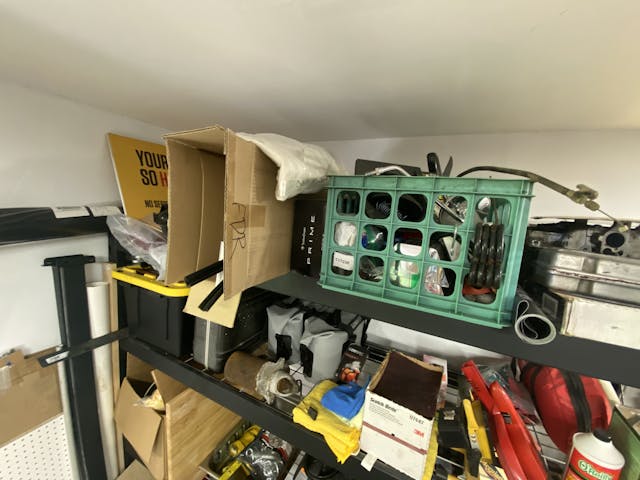
I’ll admit I’ve stood on a stool to grab that bin off the top shelf only to find it’s heavier than I remember when it finally slips off and all the weight is in my hands. Luckily that ended okay but it was merely luck that I wasn’t injured due to falling off the stool or dropping that bin on myself or something I care about. Garages serve as storage as much as a workspace for lots of us and while it is funny to think that the storage side could potentially be dangerous, it happens.
The fridge contents
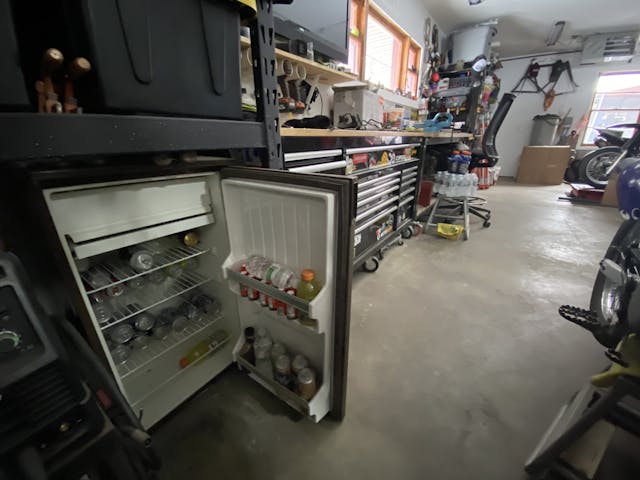
The garage fridge is a sacred place to some. It can help lubricate our tongues until the fun stories come out around our buddies. It can also help with press-fit parts by chilling them until they shrink just enough to make popping things in place a little easier. Lastly, it can cause us to forget the basics and not respect the power of the tools and vehicles we work on. When in doubt, stay sober until the project is done and it’s just the clean-up left.
Chargers or tenders
Sadly, we are not talking Dodge or chicken here. Seasonal storage is the (unfortunate) norm for many owners and that means keeping batteries topped up so cars will be ready when driving season arrives. There is also the rising popularity of battery tools which require occasional charging to keep in working order. Leaving either of these items plugged in for extended periods is often safe as the devices have fuses or safeties built in, but those are not fail-proof.
All it takes is a battery to get overcharged, or a wire to get rubbed a few too many times and cause an arc and suddenly there’s fire. It often happens silently and causes damage quickly. Check your chargers or tender regularly to see if they are warm to the touch or otherwise defective. If possible, unplug them when not needed as it will minimize the risk of something melting down without you being there to catch it.
Air

Yes, be scared of everything! Just kidding, this is really only for compressed air. As tempting as it is to use compressed air to blow dust and debris off your skin while working, it carries risks that not all are aware of. Most air lines in shops run at least 90psi of pressure and when that is funneled through a nozzle and pointed at our relatively porous skin there is the chance an air bubble can form under our skin. That is called an air embolism and causes serious health concerns. Blowing your skin off also can force contaminates into you skin rather than off of it. Human bodies cannot process many of the chemicals that are common in garage projects so on a long enough timeline this will poison you from within.
***
Of course, someone could make an argument that just about anything is dangerous and it would likely hold some truth. Anyone picking up tools and working in the garage accepts some risk but it is always best to understand the dangers you are engaging with and understand how to mitigate the risk if appropriate.
***
Check out the Hagerty Media homepage so you don’t miss a single story, or better yet, bookmark it. To get our best stories delivered right to your inbox, subscribe to our newsletters.

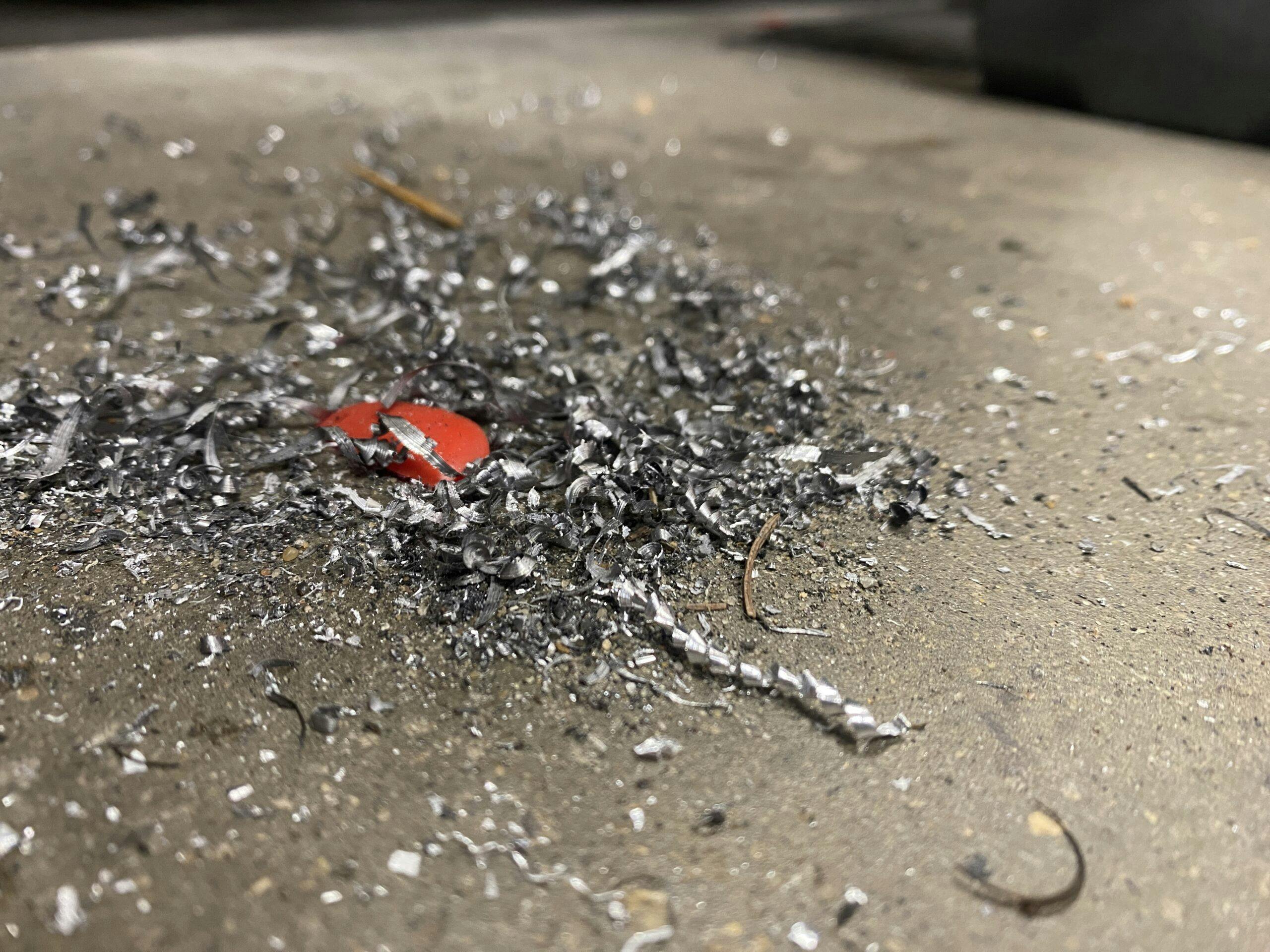
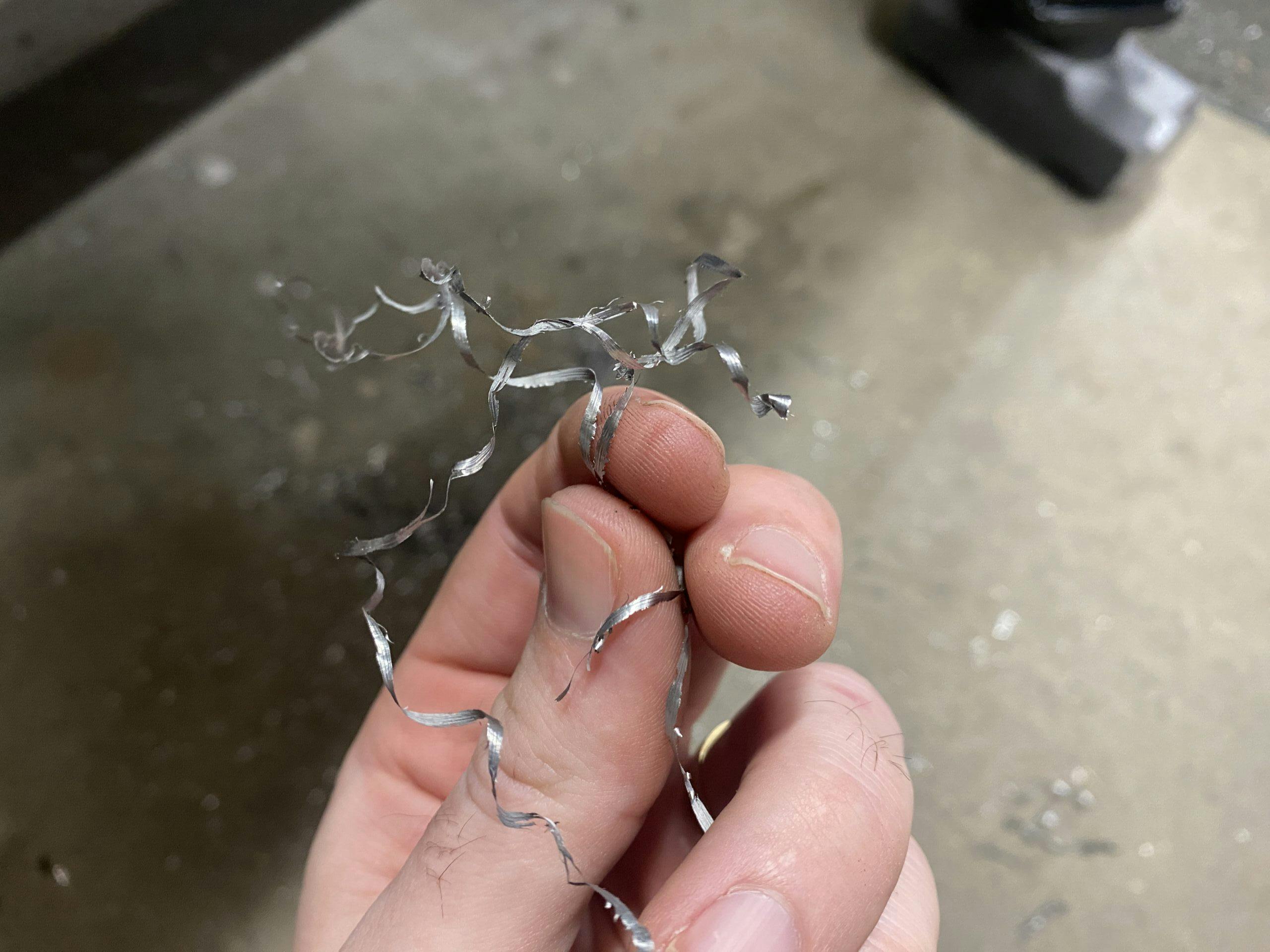
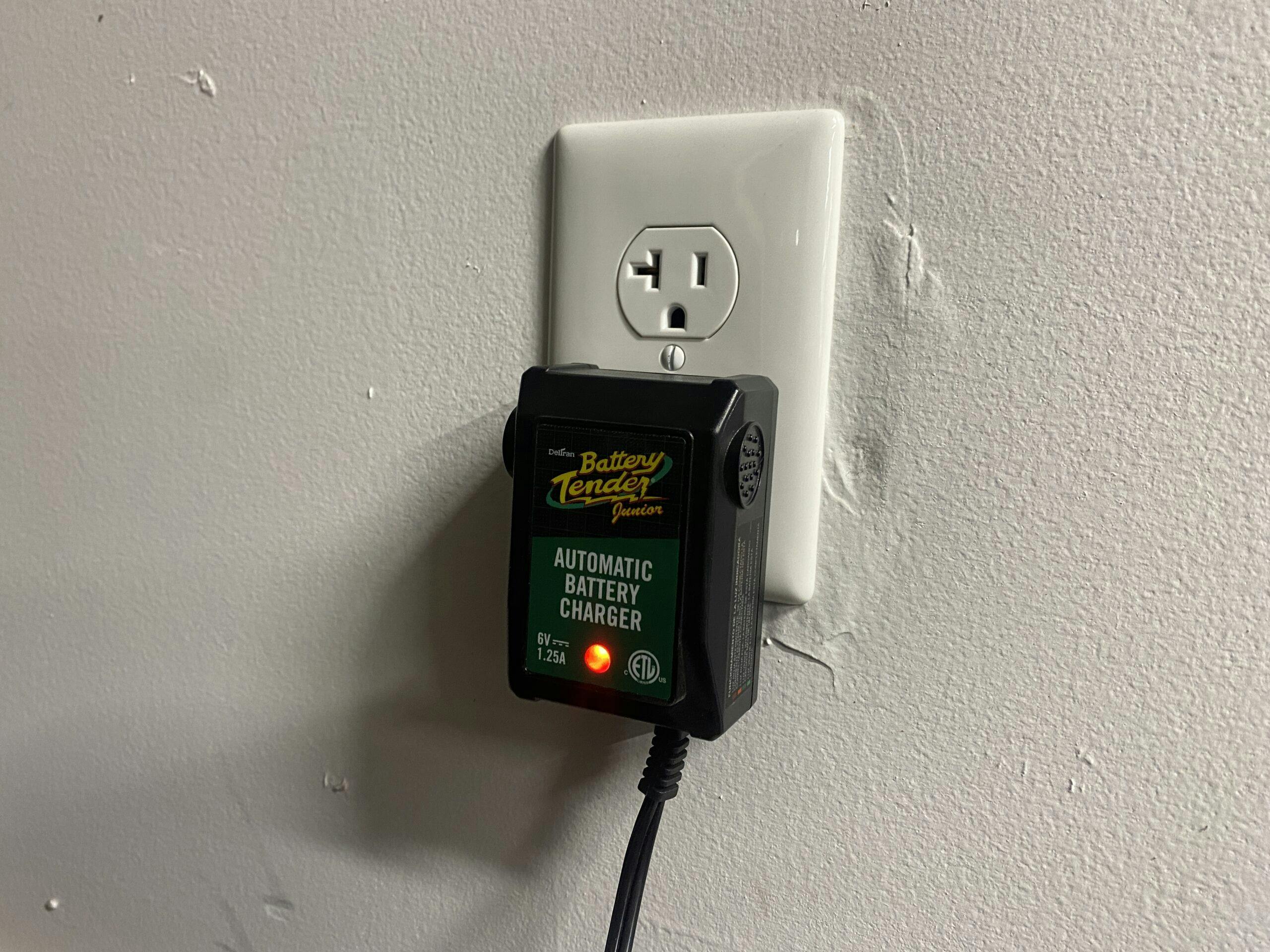
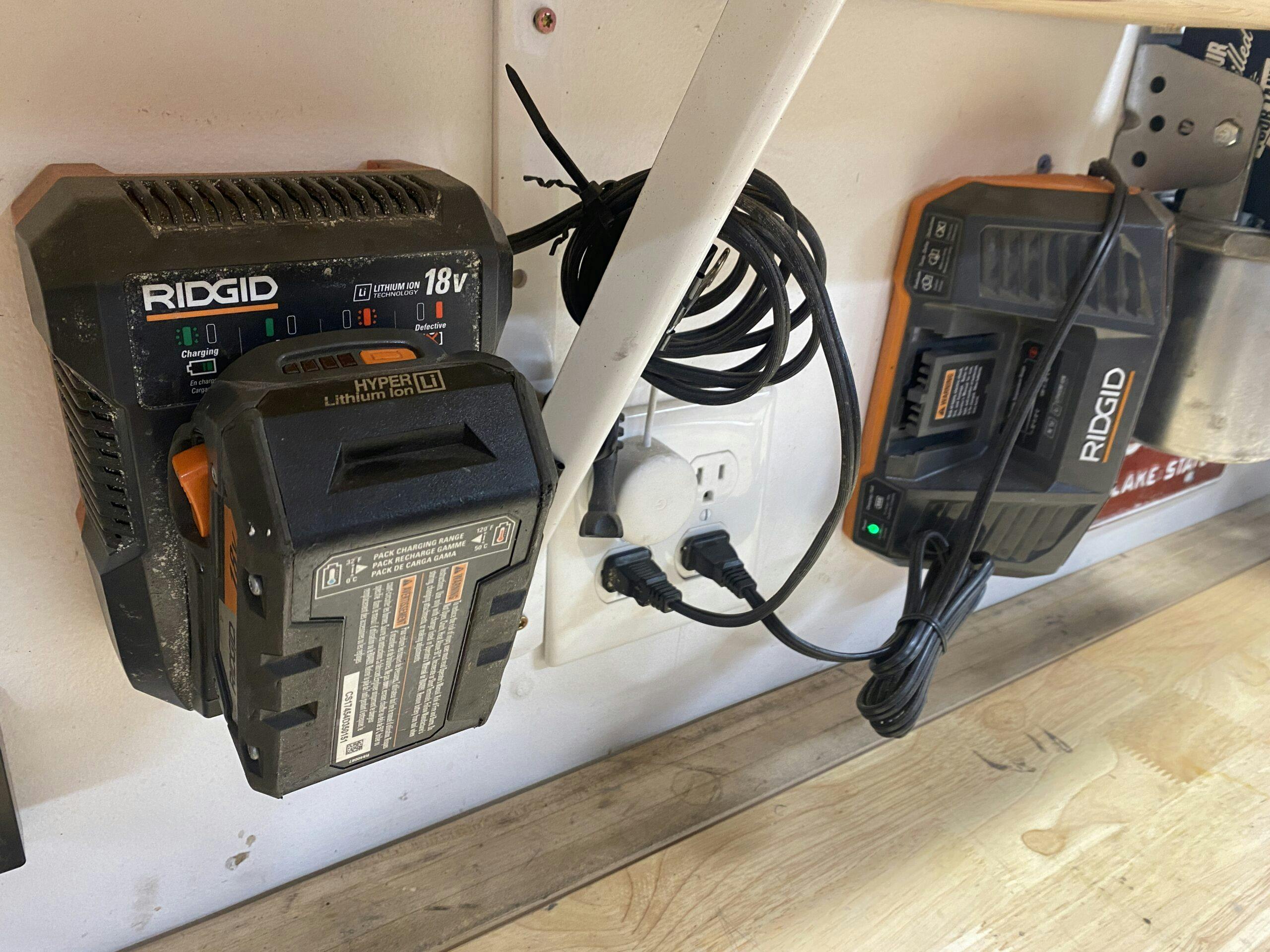


Worked in a machine shop in my early days and when I got married my boss suggested that I remove my ring as dropping a three or four jaw check from a lath could cause a serious problem…I listened and sure as day follows night dropped one on my finger a few weeks later, while my finger hut it did not require cutting the ring off. However I was still a bit dumb as once our drill press had a jig on it that was clamped down so needing a small 1/16″ hole drilled removed the drill bit put in mine and pushed up on the piece of plastic… yup drive that 1/16″ drill right thorough my finger just missing the bone…didn’t do that again.
Anything that requires drilling, milling or cutting should be secured (vise, clamps, v-blocks, etc.). Cutting instruments should be tightened so as be secure during the operation. A slipping drill, mill or carbide bit can score, chatter and fracture at the point of the score.
Even exhaust work can be further secured to prevent meat being left on nearby frame components.
Gas water heaters situated in a garage could be dangerous with open containers of gasoline.
I knew a guy that burned a house down that way.
My father had a car with a non-vented gas system – required a vented cap. In spring of 1977, a guy at a station had left his cap off and when he stopped for a fill-up, the attendant sold him a new cap. But it was non-vented. After a drive, he pulled into his garage (right next to the gas water heater). He pushed the garage door closer button, and began to transfer himself out of his car into his wheelchair. The now nearly empty gas tank split, and the pilot light on the water heater ignited the fumes. Here he was, sitting in a wheelchair in a garage full of flames. There was no way to save himself but to lower his arms into the flames and wheel himself to the opener button on the wall and thus outside to the driveway – where he tipped himself over onto the lawn. Luckily, a neighbor kid saw what was happening, ran over and helped roll Dad around, and then turned the lawn hose onto the flames. Totally gutted the garage and flamed the entire car, but the kid saved the house from igniting before the Firetrucks got there. My father had to have skin grafts on both arms and hands, then go through extensive therapy. The service station was sued for installing the wrong cap.
That house now belongs to our oldest daughter. Since summer of 1977, it has had an ELECTRIC water heater!
This is exactly why I won’t have gas appliances in any home. Gas leaks will kill you. Every week or so you see a news article about a house that “just exploded”, each one of them had gas appliances.
Agreed, and then I saw how fast induction burners work and I am sold on having electric in the house.
I never leave chargers attached overnight or when I am gone, and I do not understand why anyone would. Things can overheat, and even catch fire. I also see people leaving overhead fans on while gone from their home or business; after once having a fan overheat, seize, and start smoking, I would never leave one on when not close around.
The springs of your pull down stairs to your attic! If one snaps under tension while you are climbing, you could lose an eye.
I can attest to that! I was helping a friend in his century house garage. I pulled down the spring loaded steps and noticed they were not lined-up correctly. Not thinking about the tension, I started to move the spring holder, it bent completely sideways and the spring shot off, just grazing the right side of my face (I still have a scar, and it took several hours to stop bleeding). Had that hit me a half inch to the left, I would have lost my eye or part of my skull. Needless to say, I was a bit shaken. Good reminder to watch out for these springs!
There’s a lot of dangerous stuff in a garage. I know several people who have dropped cars on them while either on jack stands or on a floor jack. A great way to kill yourself.
Polishing stainless on a buffing wheel can really be exciting. If the wheel grabs the part it will yank it out of your hand…quite possibly severe cuts, and will either wrap it around the spindle or throw it across the room. Usually there no straightening that part…kiss it good bye.
Many years ago, when I was still working, an incident happened at one of our other plants involving a lathe. Someone smelled smoke coming from the machine shop. Upon investigating, they found that the smoke was from a burning drive belt, caused by the lathe stalling when the mechanic operating it got pulled into and wrapped up around the machine. He was dead when they found him.
Overhead garage door lift springs (the kind with the pair of long parallel coil springs) can break under tension when the door is closed. A simple safety kit is available, that runs a cable down the middle of the lift springs and is anchored at both ends. After a broken spring traveled the length of my shop between the cars and embedded itself in the drywall, I installed safety cables on all my lift springs. Since then another lift spring broke, but no damage, to the shop or cars.
Not really an “in the shop” danger, but made me think of another. When using a snatch strap I ran it through a wheel-less tire or two. It it breaks or comes loose the tire will absorb/deflect the energy, hopefully before it takes out a windshield – or person.
I have a sign that says” Charlie had his safety glasses but kept them in his pocket. Now Charlie has
a glass eye and keeps in the socket”.
Well said Kelly. A long time ago I was removing an ignition cylinder when the spring holding it in suddenly flew out and zinged off my safety glasses. You never know when they’ll save your sight.
Allow me to chime in with my extensive experience dealing with bits from a bench mounted wire wheel bouncing off my tough-enough face and knowing but for my glasses I might be trying to remove said bits unsuccessfully from my now compromised and perhaps heavily damaged orbs!
Do they print shop manuals in Braille?
Do they print shop manuals in Braille?
I would like to know more about lithium ion battery safety. I have read recently that at least two race car trailers were fully consumed by fire caused by these batteries while traveling to or from the track. I think that means that these batteries were not being charged at the time so that was not the precipitating event. Do they spontaneously ignite? If so, what can be done to prevent that or mitigate the effects of a self-immolating lithium ion battery. Obviously, keeping them far away from fuel is a first step but there are other combustibles to consider so where you store those batteries is an important decision. How isolated do they need to be?
They do sometimes ignites for no reason. For this reason, the FAA forbids people to put them in checked luggage. If one ignites there, the fire protection may not be able to handle it.
The lithium will spontaneously combust when exposed to the water in the air.
Something probably fell on the battery causing the casing to rupture.
Used motor oil and many solvents (brake cleaner especially) cause cancer. *Pancreatic* *cancer* is a horrible way to die. Lost a very good friend that way.
Air compressors. Know of one that was left on and the water trap glass somehow shattered. It ran continuously for 12 hours before it caught fire. Burned a very nice shop and 2 classic cars into scrap.
Great article on Safety. You should repeat this with concerns related to Health. There are lots in every garage.
Interesting idea. I’ll do some brainstorming on it!
An unclean and cluttered shop floor is dangerous. Brake fluid or coolant on the floor are correctable hazards. The same goes for everything that should be shelved or moved out of the workspace. Beware air compressor hoses too.